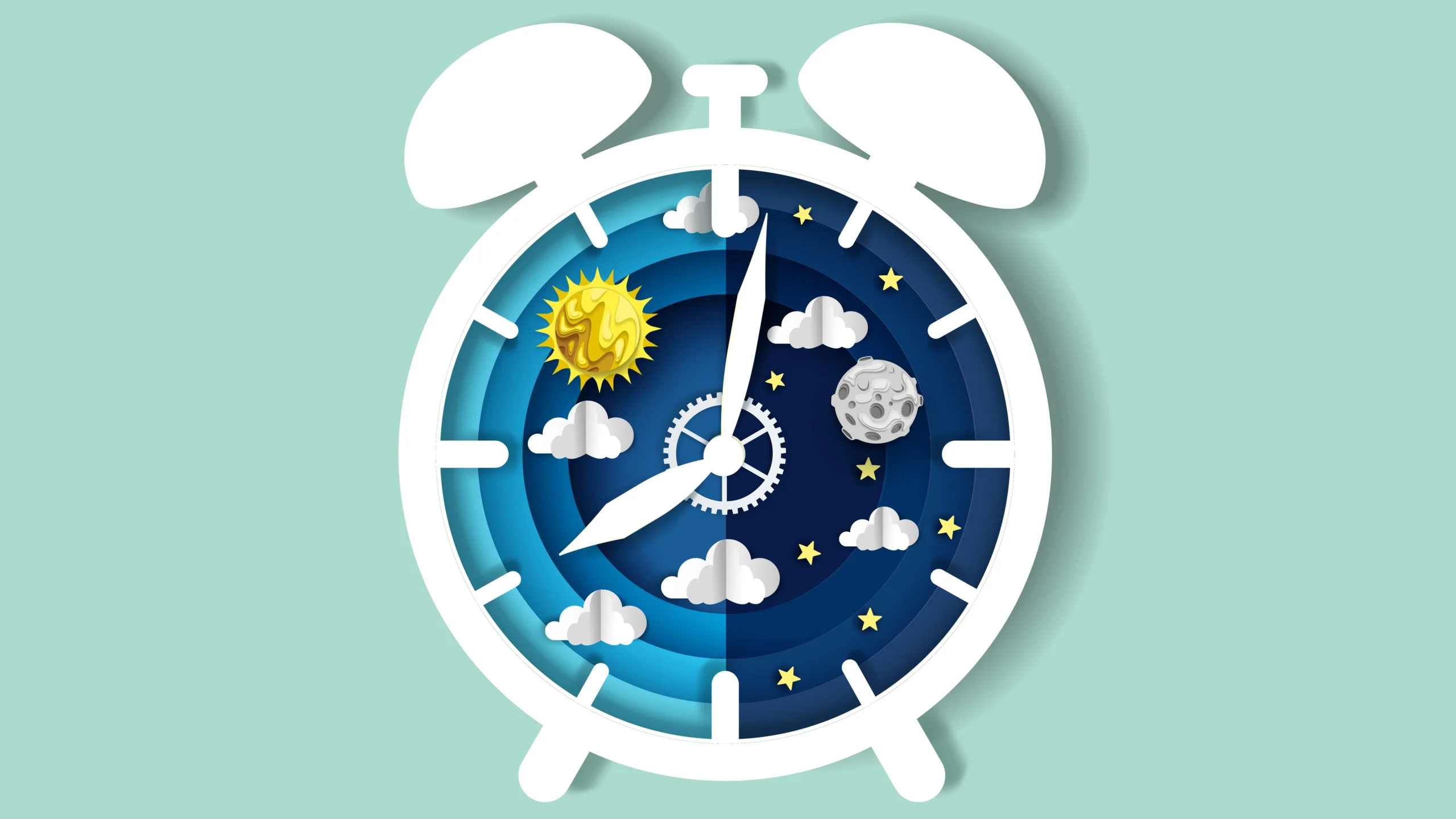Unlock Your Best Sleep: Science-Backed Tips

The Science of Sleep: Unlocking Better Habits for a Rested You
We all know that sleep is important, but how many of us truly understand *why* it’s so vital and what we can do to optimize our own slumber? This post dives deep into the science of sleep, exploring its stages, benefits, and offering practical tips you can implement today for better sleep habits. Prepare to learn more than just “get 8 hours!”
Why is Sleep So Crucial?
Sleep isn’t just a period of inactivity; it’s an incredibly active process essential for both physical and mental restoration. During sleep, our bodies repair tissues, consolidate memories, regulate hormones, and strengthen our immune system. Skimping on sleep has far-reaching consequences.
Physically, inadequate sleep is linked to a higher risk of chronic diseases like heart disease, diabetes, obesity, and weakened immunity. Our body uses this time to repair muscles, restore energy reserves, and regulate metabolism. Mentally, lack of sleep impairs cognitive function – impacting concentration, decision-making, memory formation, and emotional regulation. You’ve likely experienced the frustration of trying to focus after a poor night’s rest; that’s your brain struggling to function optimally.
The Stages of Sleep: A Journey Through the Night
Sleep isn’t one continuous state; it progresses through distinct stages, each playing a unique role in restoration. We cycle through these stages multiple times throughout the night.
- Stage 1 (NREM 1): This is the transition from wakefulness to sleep. It’s a very light stage where you can be easily awakened. You might experience hypnic jerks – those sudden, involuntary muscle twitches some people feel as they fall asleep.
- Stage 2 (NREM 2): This stage marks the beginning of “true” sleep. Your heart rate slows down, body temperature drops, and brain waves become slower. This is where you begin to experience non-rapid eye movement (NREM).
- Stage 3 & 4 (NREM 3 & 4 – Slow Wave Sleep): These stages are characterized by slow delta waves in your brain – hence the name “slow wave sleep.” This is the deepest stage of sleep, crucial for physical restoration and growth hormone release. It’s difficult to be awakened during this stage.
- REM (Rapid Eye Movement) Sleep: This stage occurs about 90 minutes after you initially fall asleep and recurs several times throughout the night. Brain activity increases significantly, resembling wakefulness. Most dreaming occurs during REM sleep. It’s vital for cognitive functions like learning, memory consolidation, and emotional processing.
The proportion of each stage changes throughout the night; generally, deep slow-wave sleep is more prevalent in the first half of the night, while REM sleep becomes more dominant later on.

Optimizing Your Sleep: Practical Tips for Better Habits
Now that we understand *why* and *how* we sleep, let’s explore actionable strategies to improve your sleep quality. These aren’t just about quantity; the *quality* of your sleep matters just as much.
1. Establish a Consistent Sleep Schedule
Consistency is key! Try to go to bed and wake up around the same time every day, even on weekends. This helps regulate your body’s natural circadian rhythm – your internal clock that governs sleep-wake cycles. Disruptions to this rhythm can lead to difficulties falling asleep and feeling tired during the day.
2. Create a Relaxing Bedtime Routine
Wind down before bed with calming activities like reading (a physical book is best, avoiding screens), taking a warm bath or shower, listening to relaxing music, or practicing gentle stretching. Avoid stimulating activities like intense exercise or stressful conversations close to bedtime.
3. Optimize Your Sleep Environment
Your bedroom should be a sanctuary for sleep:
- Dark: Minimize light exposure – blackout curtains are your friend!
- Quiet: Use earplugs or a white noise machine to mask distracting sounds.
- Cool: A slightly cool room temperature (around 65 degrees Fahrenheit) is ideal for sleep.
- Comfortable: Invest in a comfortable mattress and pillows that support your spine.
4. Watch Your Diet & Beverages
What you eat and drink can significantly impact your sleep.
- Avoid Caffeine & Alcohol: Caffeine is a stimulant, so avoid it in the afternoon and evening. While alcohol may initially make you feel sleepy, it disrupts sleep later in the night.
- Limit Heavy Meals Before Bed: Eating a large meal too close to bedtime can interfere with your ability to fall asleep.
- Consider Magnesium-Rich Foods: Magnesium plays a role in muscle relaxation and sleep regulation. Include foods like leafy greens, nuts, and seeds in your diet.
5. Manage Stress & Anxiety
Stress and anxiety are major culprits for poor sleep. Explore stress-reducing techniques such as:
- Meditation: Even a few minutes of daily meditation can make a difference.
- Deep Breathing Exercises: Slow, deep breaths can calm your nervous system.
- Journaling: Writing down your thoughts and worries before bed can help clear your mind.
6. Exposure to Natural Light
Expose yourself to sunlight early in the morning. This helps reinforce your circadian rhythm and regulate melatonin production (the hormone that promotes sleep).
When to Seek Professional Help
If you’ve tried these tips and are still struggling with persistent sleep problems, it’s important to consult a healthcare professional. Conditions like insomnia, sleep apnea, restless legs syndrome, and other underlying medical conditions can significantly impact sleep quality and may require treatment.
Conclusion: Prioritizing Sleep for a Better Life
Sleep is not a luxury; it’s a fundamental pillar of health and well-being. By understanding the science behind sleep and implementing these practical tips, you can unlock better sleep habits and reap the numerous benefits for your physical and mental health. Start small, be consistent, and prioritize your slumber – your body (and mind) will thank you!



